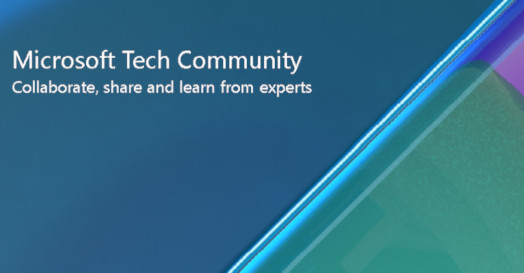Updated HashiCorp Terraform Provider for Azure Stack Hub

Updated HashiCorp Terraform Provider for Azure Stack Hub
We are excited to announce the latest updates to the Terraform provider for Azure Stack Hub – Version 1.0.0! We worked closely with our partner HashiCorp to bring some of their latest features for Terraform to Azure Stack Hub systems everywhere.
For context, Terraform is an infrastructure as code tool that allows a user to define resources in human-readable configuration files called HCL (HashiCorp Configuration Language) templates. Terraform providers interact with APIs to manage resources on Azure Stack Hub and other cloud services, including Azure, in one place. The extensible provider model is one of Terraform’s major value-adds, allowing us to use a single toolset to configure and deploy infrastructure, configuration and application deployments on different platforms and layers.
Here are some notable changes from this update:
- This latest release has added support for Azure Stack Hub 2020-09-01 API profile.
- VM and VMSS resources are now split into Linux and Windows versions for enhanced validation. These resources now match the AzureRM provider.
- Azure Stack Hub Terraform provider has been updated to support KeyVault APIs
- Terraform can now be used to create KeyVault resources and set access policies.
- Data sources have also been updated to support KeyVault
- Terraform will now support subscriptions on Azure Stack Hub
- A new features block to configure provider behavior from within your Terraform configuration.
- The provider now prevents overwriting existing resources and requires terraform import to bring existing resources into the Terraform state
- 8 new DNS resources covering almost every API
- Resource group Safe Delete ON by default - Terraform now checks during the deletion of a Resource Group for remaining child items and will raise an error if present. This behavior can be controlled using the prevent_deletion_if_contains_resources feature flag in the resource_group block within the features block.
- Additional changes to Network and Compute resources - Please visit the Azure Stack provider v1.0 Upgrade Guide for all changes.
NOTE: Version 1.0 of the Azure Stack provider supports Terraform 0.12 and later. Terraform 0.10 and 0.11 are no longer supported with this release.
To learn more and get started please visit the following resources:
- Announcing Azure Stack Hub Provider 1.0 - HashiCorp
- v1.0 Upgrade Guide
- Terraform Azure Stack Provider
- Docs overview | hashicorp/azurestack | Terraform Registry
- hashicorp/terraform-provider-azurestack: Terraform provider for Azure Stack (github.com)
- Azure Stack Hub Infrastructure as code using Terraform (microsoft.com) (Getting started with previous version [AzHub v2102+ required])
- Releases · hashicorp/terraform (github.com)
- Resource provider API versions supported by profiles in Azure Stack Hub - Azure Stack Hub | Microsoft Docs
- Manage API version profiles in Azure Stack Hub - Azure Stack Hub | Microsoft Docs
Please reach out to HashiCorp Terraform team with any questions or concerns @ HashiCorp Help Center or open an issue at the GitHub repository above!
Thank you!
Published on:
Learn moreRelated posts
Microsoft Purview: Data Lifecycle Management- Azure PST Import
Azure PST Import is a migration method that enables PST files stored in Azure Blob Storage to be imported directly into Exchange Online mailbo...
How Snowflake scales with Azure IaaS
Microsoft Rewards: Retirement of Azure AD Account Linking
Microsoft is retiring the Azure AD Account Linking feature for Microsoft Rewards by March 19, 2026. Users can no longer link work accounts to ...
Azure Function to scrape Yahoo data and store it in SharePoint
A couple of weeks ago, I learned about an AI Agent from this Microsoft DevBlogs, which mainly talks about building an AI Agent on top of Copil...
Maximize Azure Cosmos DB Performance with Azure Advisor Recommendations
In the first post of this series, we introduced how Azure Advisor helps Azure Cosmos DB users uncover opportunities to optimize efficiency and...
February Patches for Azure DevOps Server
We are releasing patches for our self‑hosted product, Azure DevOps Server. We strongly recommend that all customers stay on the latest, most s...
Building AI-Powered Apps with Azure Cosmos DB and the Vercel AI SDK
The Vercel AI SDK is an open-source TypeScript toolkit that provides the core building blocks for integrating AI into any JavaScript applicati...
Time Travel in Azure SQL with Temporal Tables
Applications often need to know what data looked like before. Who changed it, when it changed, and what the previous values were. Rebuilding t...